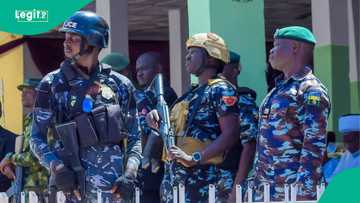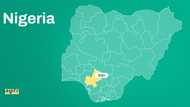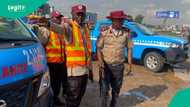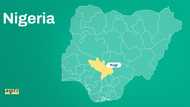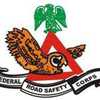
FRSC Nigeria
Establishment and Legal Framework
The Federal Road Safety Corps (FRSC) was established in February 1988 by the Nigerian government through Decree No. 45, later amended by Decree 35 of 1992, and subsequently adopted as the FRSC Act Cap 141 Laws of the Federation of Nigeria in 2007.
This initiative aimed to address the alarming rates of road traffic accidents and fatalities in the country. The FRSC operates across all 36 states and the Federal Capital Territory, Abuja.
The Corps is headed by a Corps Marshal, appointed by the President for a renewable four-year term. As of now, the Corps Marshal is Shehu Mohammed.
Core Responsibilities
The FRSC is mandated to:
- Prevent or minimise accidents on highways.
- Clear obstructions on roads.
- Educate the public on road safety.
- Design and produce driver's licenses and vehicle number plates.
- Standardise highway traffic codes.
- Provide prompt attention and care to accident victims.
- Conduct research into the causes of motor accidents and methods of prevention.
- Enforce speed limits and regulate the use of speed-limiting devices.
- Cooperate with other agencies in road safety activities.
Innovations and Achievements
Under the leadership of Corps Marshal Boboye Oyeyemi (2014–2022), the FRSC introduced several reforms, including the establishment of the National Traffic Radio in Abuja, the implementation of a biometric driver's license system, and the development of modern number plate production facilities.
These initiatives have contributed to improved road safety and traffic management in Nigeria.
The FRSC's efforts have garnered international recognition. It became the first law enforcement agency in Africa to achieve ISO 9001 certification, and the World Bank has acknowledged Nigeria's road safety initiatives as exemplary within Africa.
Through sustained public education, effective enforcement, and collaboration with stakeholders, the FRSC continues to work towards its vision of eradicating road traffic crashes and creating a safe motoring environment in Nigeria.



